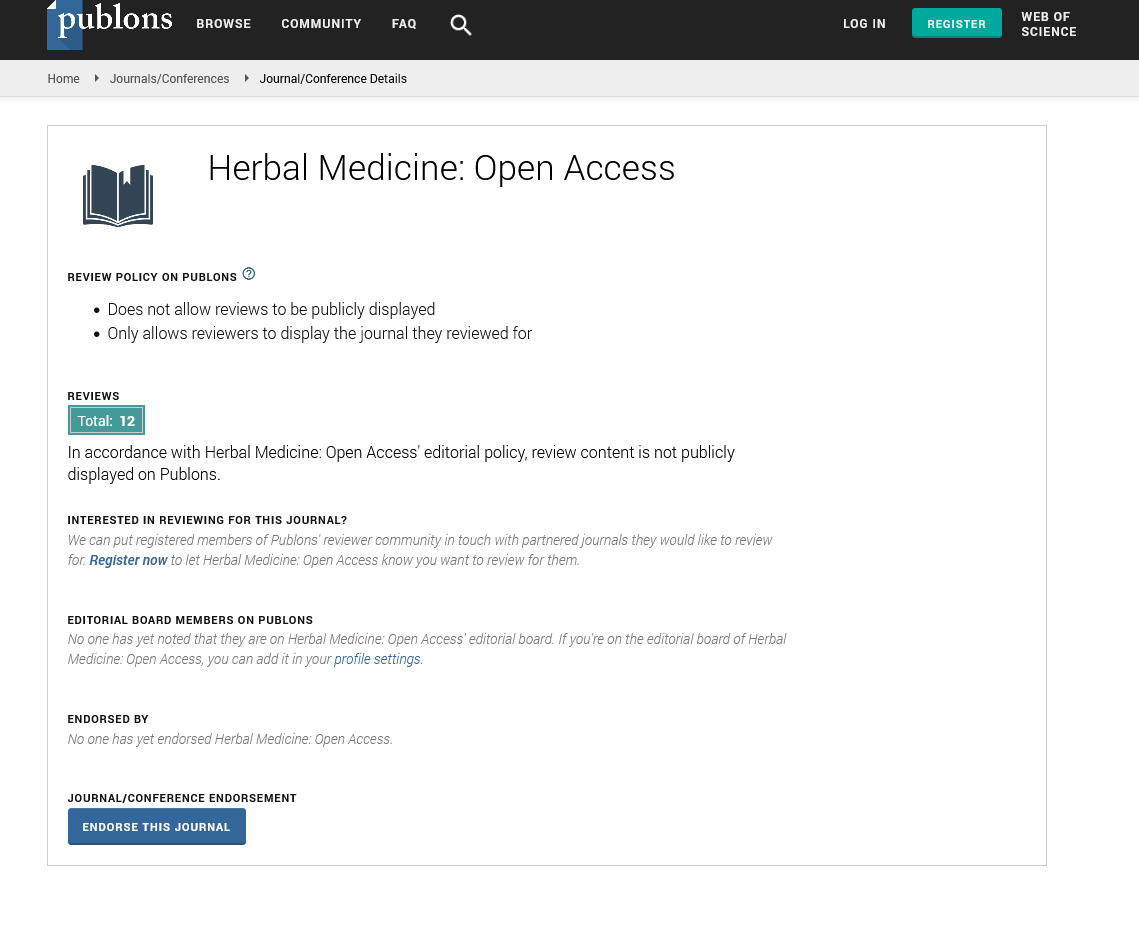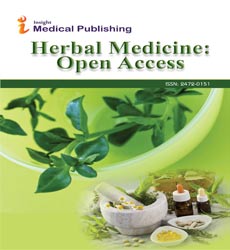Abstract
Possible Prophylactic Alternatives in Infection with Clostridioides / ClostridiumDifficile in Vitro Inhibitory Effect of Linalool and Terpineol
Objective
Clostridium / Clostridioides difficile infections are a current health problem, as evidenced by epidemiological data reflecting the increasing trend in the incidence and severity of cases. Prophylactic measures are a major concern as long as a tendency in bacterial antibiotic resistance becomes the ultimate challenge in the future infectious diseases worldwide. In our study we tested the inhibitory effect of some plant extracts (Linalool and Terpineol) on the development of C. difficile colonies in culture, observing an inhibitory effect of both components, more obviously for Linalool, and dependent on the interaction time for both components. The results obtained by us agree with data from the literature that support the efficacy of phytobiological compounds as a therapeutic or prophylactic alternative in bacterial infections, which would limit the use of antibiotics in the future.
Methods
Clinically isolated strains of C. difficile were used, cultured on RFC (Reinforce Clostridium) medium. The inhibitory effect of Linalool and Terpineol as phytobiological compounds extracted from plants on C. difficile development was measured by reading the spectrophotometric values at 48 and 96 hours of incubation, and comparing them with the values obtained for the control samples. C. difficile cultures were incubated at 37 ° C in anaerobiosis using RFC medium with Gentamicin added to limit sample contamination.
Results
Statistically significant differences in the development of C. difficile colonies were observed in the Linalool and Terpineol samples compared to the control samples, with the mean spectrophotometric values of 0.1140, p = 0.02 (95% CI) for Linalool and respectively 0.0952, p = 0.049 (95% Cl) for Terpineol. There is a slight difference between the two extracts, with Linalool appearing to be more effective than Terpineol in bacterial inhibition. The inhibitory effect persists for 96 hours, but its intensity decreases to values of no statistical significance.
Conclusions
The antibacterial activity of phytobiological compounds has been previously demonstrated, with the advantage of not creating secondary dysbiosis, as in the case of the use of antibiotics. In the case of C. difficile infections, the use of Linalool and Terpineol for prophylactic or therapeutic purposes could be an effective alternative in terms of biological safety and maintaining the balance of the normal microbiota. Similar results obtained in vitro in animals in other diarrheal syndromes of infectious etiology suport the feasibility of our proposal. Further extended in vivo studies are needed to confirm the therapeutic / prophylactic efficacy of Linalool and Terpineol in C. difficile infection and to determine the optimal doses or possible side effects.
Epidemiological context of C. difficile infections and current therapeutic possibilities
Characterization of Linalool and Terpineol with application in the field of microbiology
Description of experiments - inhibitory effects of Linalool and Terpineol on the growth and development of C. difficile colonies in vitro
Author(s):
Iulia-Magdalena Vasilescu*1,4, Lia-Mara DiÅ£u1,2,3, Veronica LazÄ?r1,2,3, Mariana-Carmen Chifiriuc1,2,
Coralia Bleotu1,2,3
Abstract | Full-Text | PDF
Share this

Google scholar citation report
Citations : 271
Herbal Medicine: Open Access received 271 citations as per google scholar report
Herbal Medicine: Open Access peer review process verified at publons
Abstracted/Indexed in
- Google Scholar
- JournalTOCs
- China National Knowledge Infrastructure (CNKI)
- Directory of Research Journal Indexing (DRJI)
- WorldCat
- Publons
- Secret Search Engine Labs
- Zenodo
Open Access Journals
- Aquaculture & Veterinary Science
- Chemistry & Chemical Sciences
- Clinical Sciences
- Engineering
- General Science
- Genetics & Molecular Biology
- Health Care & Nursing
- Immunology & Microbiology
- Materials Science
- Mathematics & Physics
- Medical Sciences
- Neurology & Psychiatry
- Oncology & Cancer Science
- Pharmaceutical Sciences


